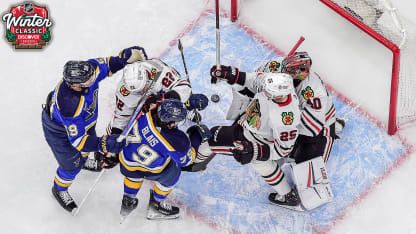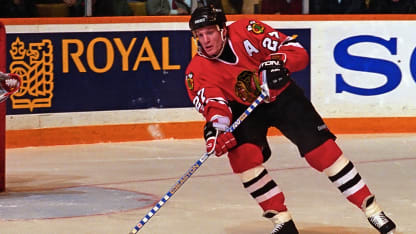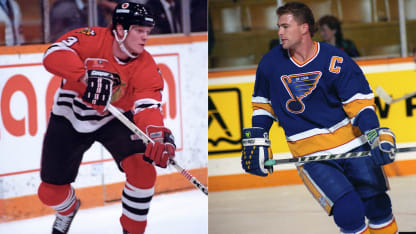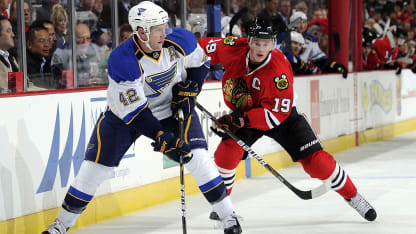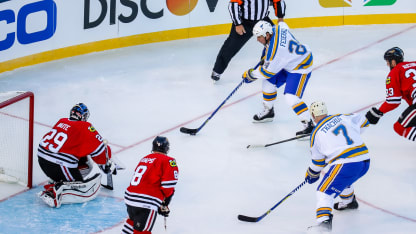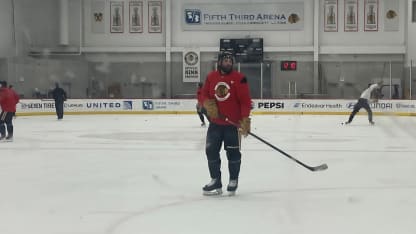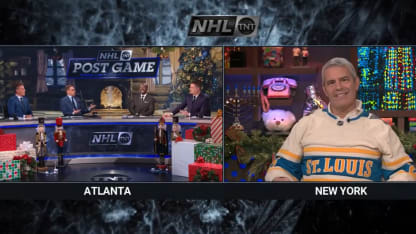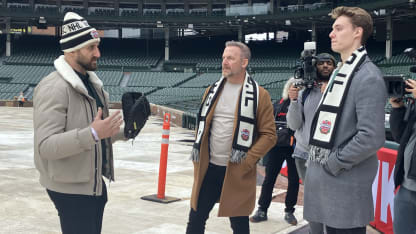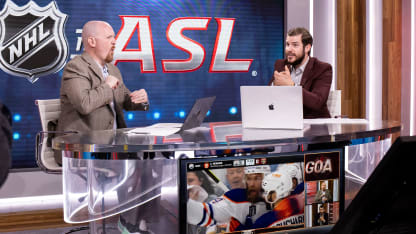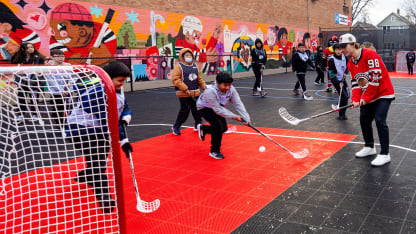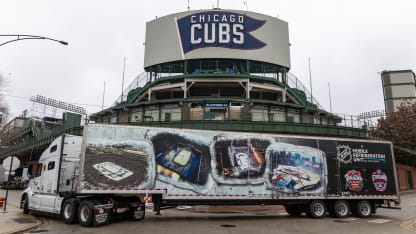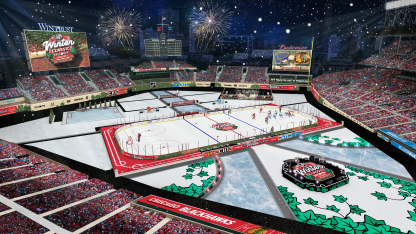Intimidation. Grit. Intensity. Animosity.
These words aren't used lightly in the hockey world. They're reserved for moments in the history of the game, rivalries that have led to decades-long feuds on the ice, in households, among friends, across state and country borders.
These words perfectly define the longstanding and heated rivalry between the Chicago Blackhawks and St. Louis Blues, a rivalry that will gain a new chapter on New Year's Eve when the two Central Division foes meet in the Discover NHL Winter Classic at Wrigley Field in Chicago (5 p.m. ET; MAX, truTV, TNT, SN, TVAS).
"You get indoctrinated into that rivalry right away," former Blues defenseman Chris Pronger said. "The love, or should I say the hatred for the Blues and Blackhawks among the two cities is quite spirited."
The rivalry is fueled by geography with 300 miles separating the cities connected by I-55.
"It just feels like there is more at stake when the Hawks are in town," former Blues forward Bernie Federko said. "The atmosphere is there, and you can feel it when you walk into the game."
The Blackhawks have the edge, with a record of 155-130-35-11 against the Blues, 1,071 goals for and 1,022 against. They've won eight of 12 playoff rounds against the Blues.
But those statistics are brushed aside when the puck drops in the next game between the rivals.
"Lots of great memories playing in St. Louis and at home, playing in the playoffs," former Chicago defenseman Duncan Keith said. "Even just the regular November, December, midseason games against St. Louis, they're always high energy, and you hear that bell ringing. It was always going to be a battle against St. Louis."
The rivalry began to simmer in the early days, after the Blackhawks helped pave the way for the Blues to enter the NHL as an expansion team.
Chicago's owners at the time also owned St. Louis Arena. The Blackhawks would play the odd preseason game there and stick minor-league teams there.
Soon enough, St. Louis was looked at as a major-league city and the Blackhawks owners pushed for the NHL to establish a team in the city.
The Blues joined in 1967 and the Blackhawks, then known as the Black Hawks, quickly became their nemesis.
They joined the same division for the first time in 1970-71, with Chicago finishing first in the NHL West Division with 107 points and St. Louis second with 87.
They played in the Stanley Cup Playoffs for the first time in 1973, the Black Hawks defeating the Blues 4-1 in the quarterfinal round.
Their playoff rivalry renewed in 1980, then again in 1982 and 1983. Chicago won each.
"The intensity came up so much more in the playoffs," Federko said. "There was always that message for the next game from whoever was losing. I remember everybody had to grab someone and one night I ended up with John Marks, who was three times as big as me, but luckily he wasn't an idiot, otherwise I don't know what would have happened to me. I would have just been hanging on for dear life. A lot of those games were like that, and you would just hope you got paired with someone who wasn't really into fighting and wouldn't throttle you."
The Blues and Blackhawks moved into the Norris Division together in the 1981-82 season and started a Boxing Day tradition the following season, playing every year on Dec. 26 from 1982-94.
Family holiday celebrations would be ruined by the divide between the cities.
"A lot of people who live here are transplant Chicagoans and they've changed their loyalty, so they really want to beat the Hawks," Federko said. "I think the fans were into it more than the players sometimes.”
